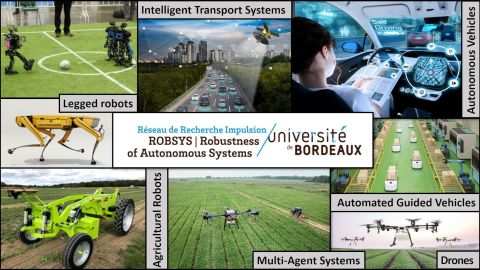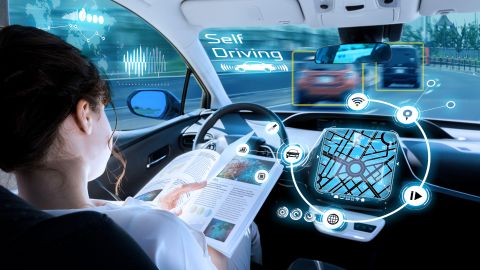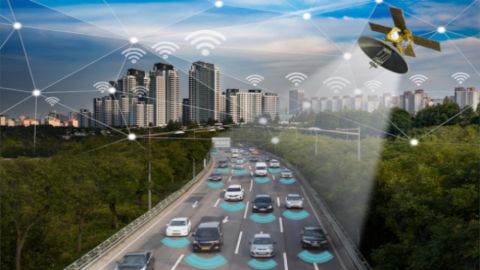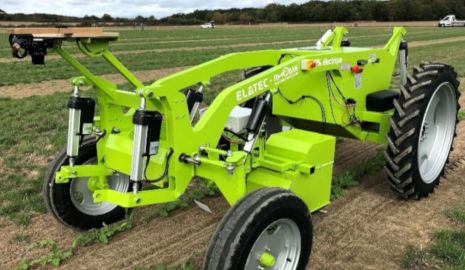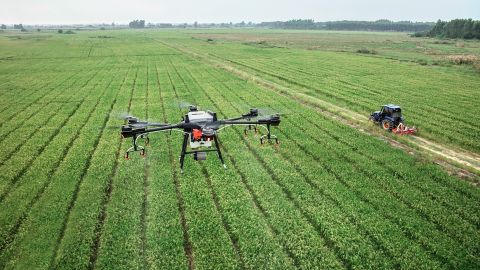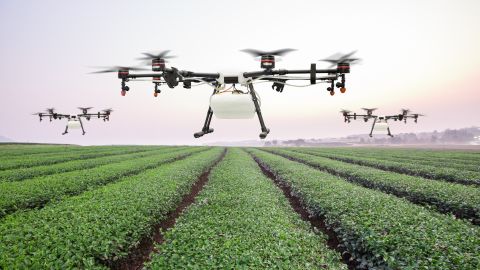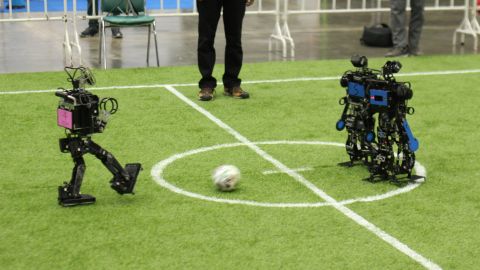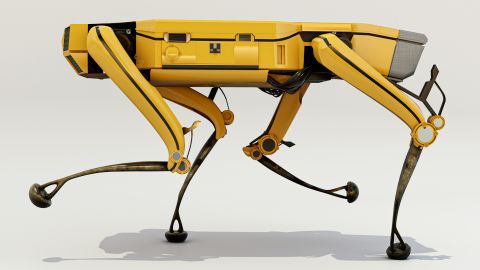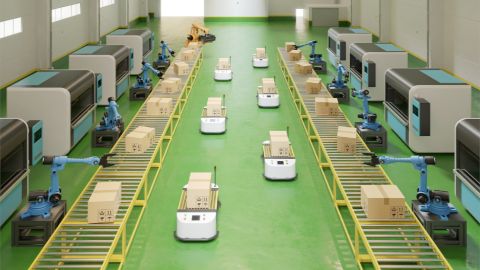ROBSYS
Dernière mise à jour :
ROBSYS - Robustness of Autonomous Systems - aims to structure research on the robustness of autonomous systems, and in particular on autonomous decision-making in the face of various forms of disturbance and model uncertainties of the environment, for deployment in the fields of transport, industry and agriculture.
PROJEcT DESCRIPTION
ROBSYS focus on autonomous decision-making systems such as IoT devices, autonomous vehicles, airplanes, Robot Mobiles, CoBots (Collaborative Robot), AUV (Autonomous Underwater Vehicle), AGV (Automated Guided Vehicles), but also autonomous mowers or vacuum cleaners, etc. They are deployed in very diverse environments, and are becoming more anchored in our daily lives, as in companies becoming a fundamental building block of the concept of Industry 4.0.
Mobile autonomous systems often operate in open environments: disaster sites, organized nature for agricultural robots, or less organized for forestry, the road network for autonomous vehicles, or even the house and interacting with humans for CoBots. In this case the system evolves and makes its decisions based on at best approximate and usually partial information only, unlike a system designed for a fully specified position and environment, such as robots in a car factory. In these contexts, error is inherent in autonomy.
Robustness is an intrinsic issue for autonomous systems.
Robustness does not only depend on the quality of the design / construction, even if these ones are of course the basis. But an autonomous system must “understand” the world around and its mechanisms, e.g. detect and predict the elements, agents and parameters of its environment: from very immediate characteristics of the ground to avoid slipping for example, up to ethical or legal issues (autonomous cars) to adapt / plan its action and resilience strategy.
A large majority of these systems are also critical systems and their decision algorithms fall under the realm of artificial intelligence. The fault tolerance, auditability, become very complex issues in this context, and even more in the case of human interaction. Also, here machine learning is applied in a context where in fine the learning experiences are done in reality and not only in simulation, which greatly limits their number (frugal AI), and nevertheless the data remains central.
ROBSYS objectives are twofold
- First one studies fundamental issues covering all the functions of autonomous systems from different angles (formal methods, stochastic models, and model-based analysis).
- Second, ROBSYS proposes the design of experimentation prototypes: Agricultural Robots, legged robots usable in exploration context including agriculture, swarms of autonomous systems, in particular for data collection (ground / air / infrastructures).
ROBSYS will also contribute to an autonomous-systems experiment zone on Bordeaux campus, we aim at composing and integrating functions into real prototypes and confront theoretical methods with real physical systems in representative physical environments.
Finally, we propose to study the ethical issues brought about by the paradigm of autonomous systems. And the concept of autonomy also questions the legal aspect in a deep and no less essential way.
ROBSYS aims at contributing to several major stakes
- First, the safety/security of passengers/goods in transports where robustness is central. From the industrial point of view, evaluating it is at the heart of certification processes.
- Robustness is also at the heart of space applications. The applicability of autonomous systems to the field of agriculture, is also a major stake: the potential revolution that these bring regarding pesticide reduction and the (reckless) use of natural resources (energy, ecosystem, water).
Agricultural robotics present an alternative ecological solution because 1) its use in weeding, for instance, replace the use of chemistry and 2) the precision brought by robotics allows to reduce mass of trucks and thus reduce soil compaction, and so is less aggressive for the biotope. And this even more if we think in a long term view to the use of legged robotics which brings holonomy and a drastic reduction of the footprint.
Coordinator
- Olivier LY : full professeur at LaBRI, université de Bordeaux
Contact
contact.robsys%40u-bordeaux.fr
contact.robsys%40u-bordeaux.fr


